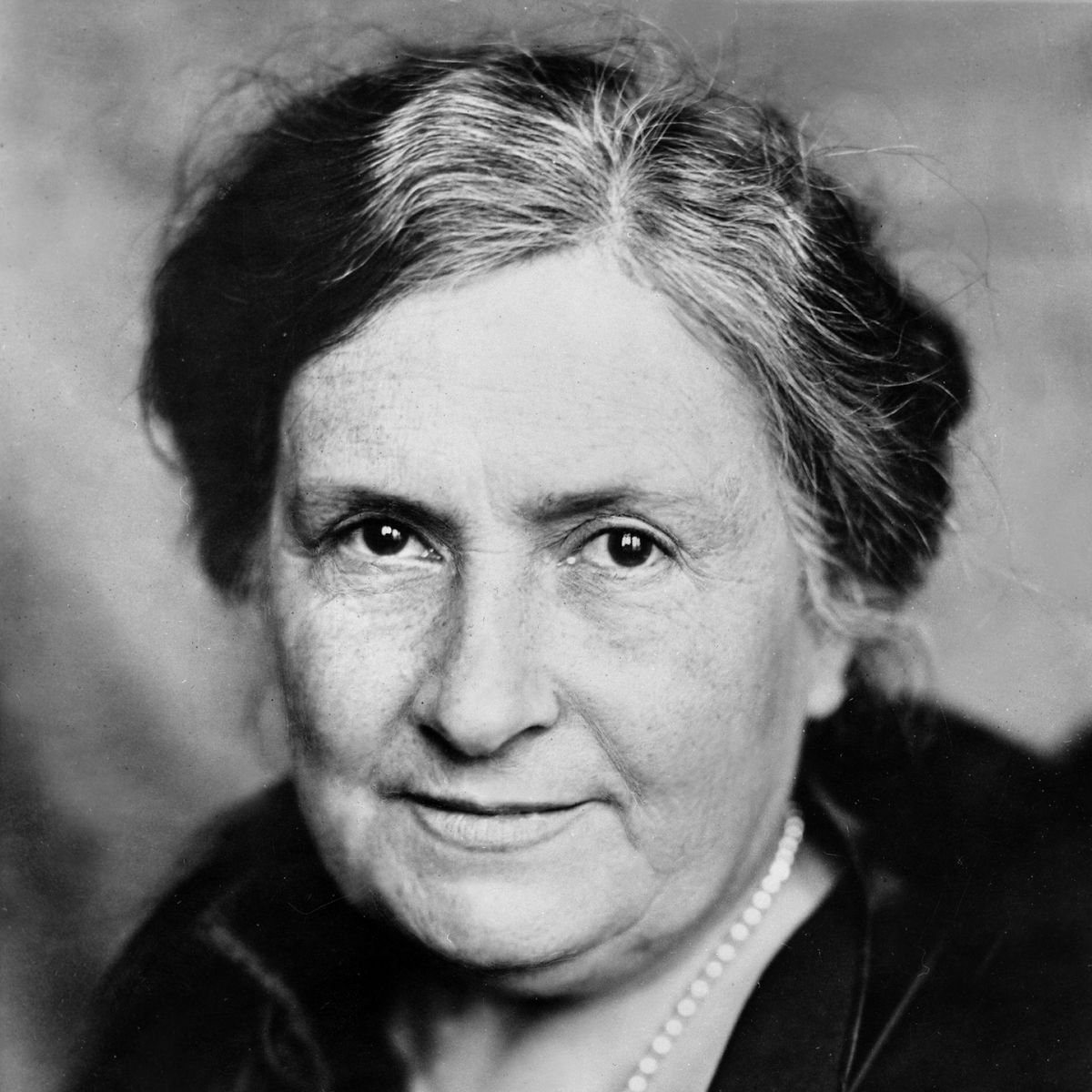Discovering the Child-Centered Approach
How Maria Montessori's "Follow the Child" Philosophy Aligns with Modern Child Development Research
Maria Montessori, an Italian physician and educator, was a pioneer in the field of early childhood education. Her groundbreaking approach, based on the principle of "follow the child," emphasizes the importance of respecting and nurturing each child's unique development and learning journey. In this blog post, we will explore how Montessori's philosophy aligns with modern research on child development and learning, and discuss the benefits of adopting a child-centered approach in education.
The "Follow the Child" Philosophy
At the core of Maria Montessori's educational approach is the belief that children have an innate drive to learn and develop. She argued that educators should observe and support each child's individual interests and needs, allowing them to learn at their own pace and in their own way. By creating an environment that fosters exploration, curiosity, and independence, Montessori believed that children would naturally develop a love of learning and a strong sense of self.
The Role of the Environment
Montessori emphasized the importance of creating a prepared environment that is tailored to the developmental needs and interests of each child. This environment should include a variety of carefully selected materials and activities that encourage hands-on exploration, problem-solving, and self-directed learning. By providing a rich, stimulating environment, educators can help children develop essential cognitive, social, emotional, and physical skills.
Aligning with Modern Research on Child Development and Learning
Maria Montessori's "follow the child" philosophy is supported by a wealth of contemporary research on child development and learning. Studies show that children learn best when they are actively engaged in activities that interest them, and when they have opportunities to make choices and take responsibility for their own learning.
For example, research from the fields of neuroscience and psychology has demonstrated that children's brains are highly adaptable and that they benefit from rich, varied learning experiences. By providing a child-centered environment that encourages exploration and curiosity, educators can support the development of critical thinking, problem-solving, and creative skills.
The Benefits of a Child-Centered Approach
Adopting a child-centered approach, as advocated by Montessori, has numerous benefits for both children and educators:
Promotes intrinsic motivation and a love of learning: By allowing children to follow their interests and learn at their own pace, educators can help them develop a genuine passion for learning and a strong sense of autonomy.
Encourages independence and self-confidence: A child-centered environment fosters independence and resilience, empowering children to become confident, capable individuals.
Supports social and emotional development: By respecting each child's unique needs and development, educators can help them develop empathy, self-awareness, and effective communication skills.
Facilitates individualized learning: A child-centered approach allows educators to tailor their teaching methods to each child's unique strengths and challenges, resulting in more effective and personalized learning experiences.
Embracing Montessori's Legacy
Maria Montessori's "follow the child" philosophy has had a lasting impact on the field of early childhood education, inspiring countless educators to adopt a child-centered approach. By aligning our teaching methods with the latest research on child development and learning, we can continue Montessori's legacy and ensure that every child has the opportunity to thrive in a nurturing, supportive environment.
Maria Montessori's "follow the child" philosophy is a powerful reminder of the importance of honoring each child's unique development and learning journey. By adopting a child-centered approach that aligns with modern research on child development, educators can support children's cognitive, social, emotional, and physical growth, fostering a lifelong love of learning and a strong sense of self

